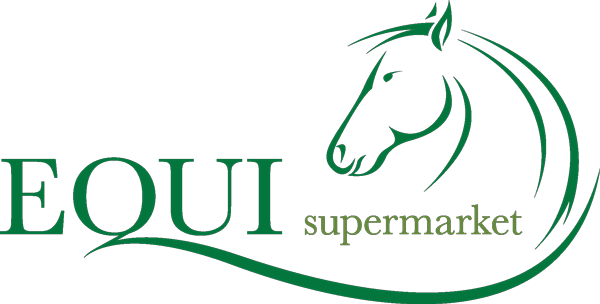Cribbing or crib biting is a compulsive behaviour that horses can exhibit. It involves a horse grasping a solid object such as a stall door or fence rail with its incisor teeth. The horse then arches its neck, and contracts the lower neck muscles to retract the larynx. The action is accompanied by a rush of air into the oesophagus and it is this which produces the characteristic cribbing grunt. The disorder can be distressing for owners, can damage horses' teeth and may result in damage to the fabric of stables, stable equipment and fences. Vets across the globe have tried numerous methods to address cribbing but without success.
Cribbing and Colic in Horses
People have written about cribbing since the 16th century and occurs in up to 8% of horses. Some studies suggest that cribbing could link to a history of colic or the development of the condition. There is some evidence that cribbing may have a connection to stomach ulcers. But the latest research indicates that cribbing might be the result of selenium deficiency.
Links to Human Psychiatric Disorders
The research was led by Dr Arash Omidi from Shiraz University in Iran. Dr Matthew Parker at England's University of Portsmouth was also involved. Their findings suggest that crib biting shares similar characteristics with some human neurological or psychiatric conditions including schizophrenia and autism. The study was included in the Journal of Veterinary Behaviour and the project was the first to test the role of trace elements in crib biting. Selenium deficiency has a link to some psychiatric conditions in humans. However, this was the first research into a possible link between selenium and crib biting in horses.
Caution Required
During the study, the researchers tested the crib biting horses and they found them to be deficient in selenium. However, tackling such a deficiency requires caution, as too much selenium would be toxic for horses. Hay, pasture and grain naturally contain selenium and it is commonly an additive to horse feeds. So it is important that owners check their horse's existing dosage before adding more. Selenium is a vital antioxidant which protects the body from free radicals (oxidative stress). A lack of selenium in the diet increases the oxidative stress on neurological systems and so could exacerbate psychological disorders. Humans with schizophrenia have been found to be suffering from selenium deficiency. The condition is more common in areas where the soil is low in selenium.
Further Research Underway
During the recent study, the researchers tested crib biting and non-crib biting horses for a variety of trace elements - selenium, magnesium, zinc, sodium, potassium, copper, calcium, phosphorus and manganese. All of the crib biting horses were low in selenium. So the team are now going to look at the effects on cribbing of dietary supplements, specifically those high in selenium and other antioxidants. It will be interesting to see if researchers can find a solution to what can be a very distressing situation for equestrians across the globe.


